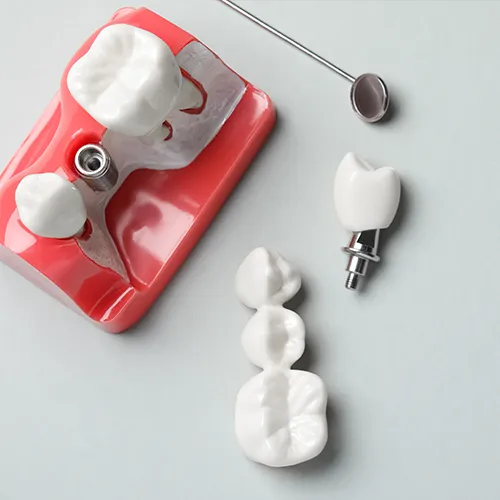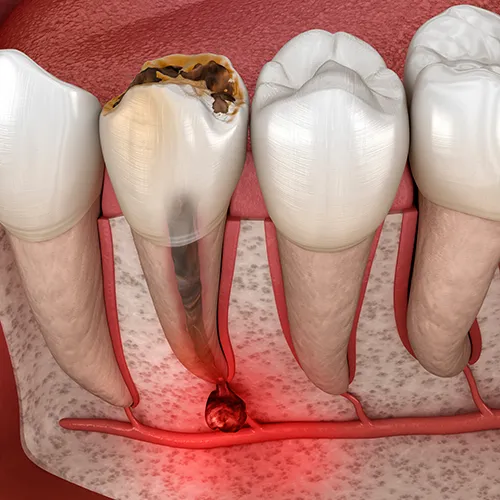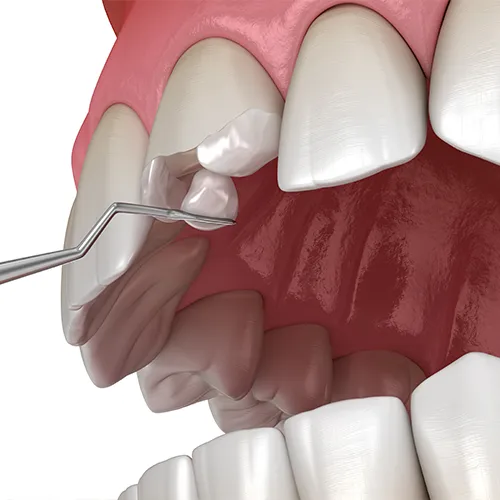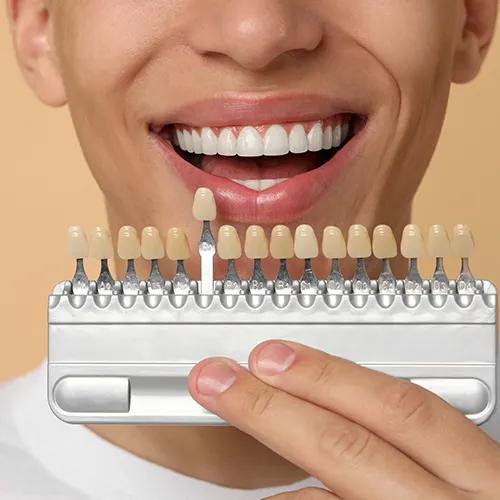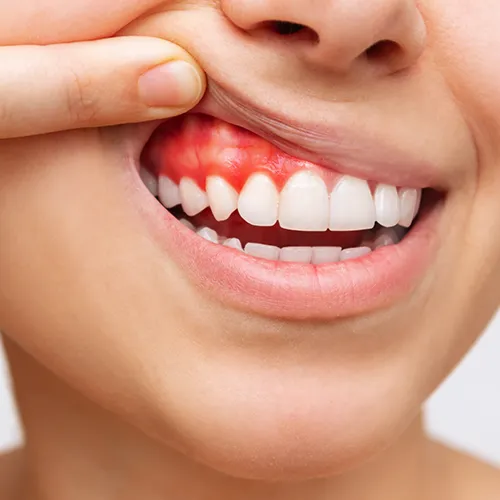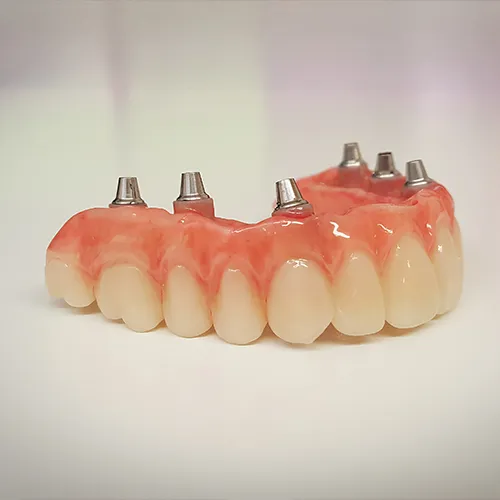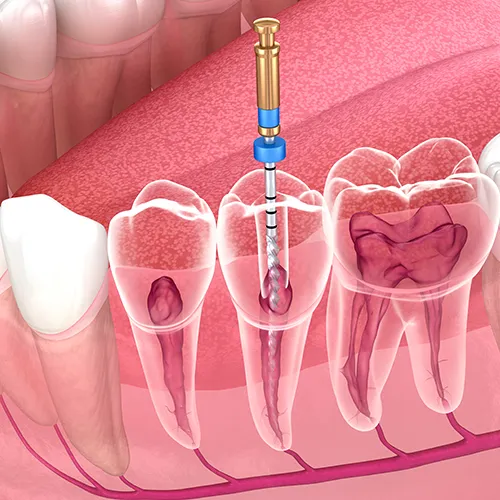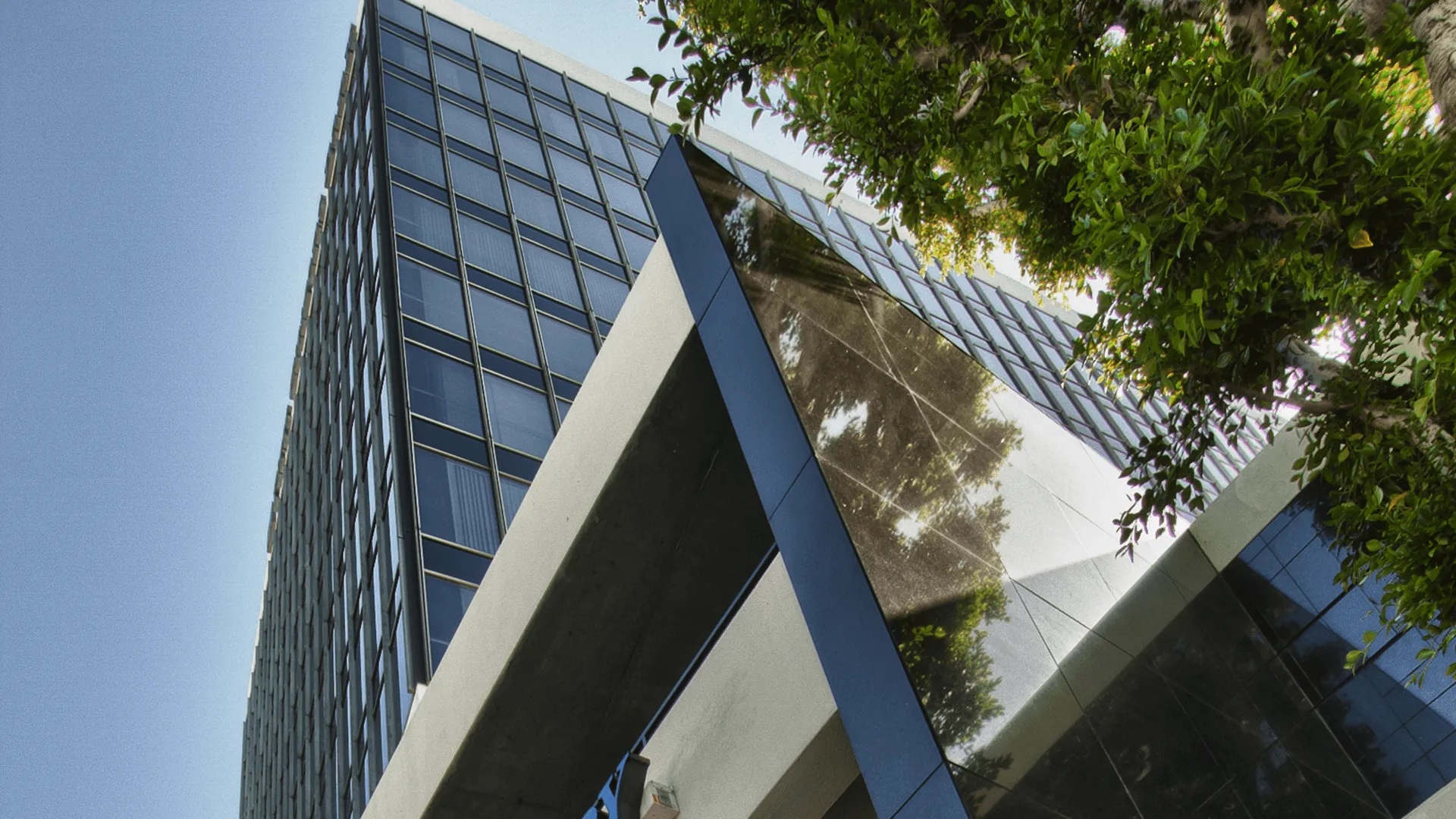Emergency Dentistry
Can Your Tooth Be Saved? Essential Endodontics Insights You Need to Know
When faced with a damaged or knocked-out tooth, the first question that comes to mind is, "Can it be saved?" Advances in endodontics offer promising solutions that could mean the difference between preserving your natural tooth and needing an extraction. Understanding when a tooth can be rescued, how to handle an avulsed tooth, and the crucial steps to take in an emergency can empower you to act quickly—and potentially save your smile.
When Can a Tooth Not Be Saved?
There are instances where even the most advanced dental techniques cannot save a tooth. One of the most common reasons is severe decay. When decay has progressed to the point where it reaches the inner pulp of the tooth, causing infection or significant damage, the structure of the tooth may become too compromised to be restored. In such cases, a root canal might be attempted, but if the damage is too extensive, extraction could be the only option.
Extensive fractures are another reason a tooth might not be salvageable. If a tooth is cracked in such a way that it affects the root or splits the tooth vertically, repair becomes nearly impossible. This type of damage can often occur from a traumatic injury or excessive pressure on a weakened tooth. Once a tooth is fractured beyond the gum line, the risk of infection and further complications increases, making removal the safest course of action.
Advanced periodontal disease can also render a tooth unsalvageable. Periodontal disease affects the gums and the supporting structures of the teeth, leading to bone loss and tooth mobility. When the bone loss is significant, the tooth may become loose and, eventually, impossible to stabilize. In these cases, extraction might be necessary to prevent the spread of infection and preserve the health of the surrounding teeth and gums.
Despite these challenges, early intervention is key. If you experience tooth pain, swelling, or notice any signs of damage, it’s essential to see your dentist immediately. Prompt treatment can often prevent minor issues from becoming severe, increasing the likelihood that your tooth can be saved. Regular dental check-ups and good oral hygiene are your best defenses against losing a tooth to decay, injury, or disease.
Can a Tooth Be Put Back In?
Yes, a tooth that has been knocked out can often be successfully reimplanted, but the key factor is acting quickly. Time is of the essence when dealing with a knocked-out tooth, as the chances of successful reimplantation are highest when the tooth is reinserted within 30 minutes to an hour of the injury. The longer the tooth remains out of the socket, the lower the chances of it being saved.
When you find the knocked-out tooth, handle it with care. It’s crucial to avoid touching the root, as this part of the tooth is fragile and contains vital cells that are necessary for reattachment to the bone. Instead, hold the tooth by the crown—the top part that you see above the gumline.
If possible, you should attempt to place the tooth back into its socket immediately. Gently push it in, ensuring it is in the correct orientation, and hold it in place. This can be done by gently biting down on a piece of gauze or a soft cloth to keep the tooth stable while you seek emergency dental care.
If you’re unable to reinsert the tooth, the next best step is to keep the tooth moist until you can reach a dentist. Storing the tooth in milk is an effective method, as milk helps to maintain the right pH balance and provides essential nutrients that can help preserve the cells on the root. If milk is not available, a saline solution or your own saliva can be used as alternatives. Simply place the tooth in a container with one of these liquids to protect it from drying out and to reduce the risk of cell damage.
Remember, the sooner you see a dental professional, the better the chances of saving the tooth. Immediate action can make all the difference in whether the tooth can be successfully reimplanted and integrated back into the bone.
How Do You Preserve a Tooth That Fell Out?
When a tooth falls out, acting quickly and correctly is essential to increase the chances of saving it. The first thing to remember is to handle the tooth carefully by the crown, which is the part of the tooth that is visible above the gumline. Avoid touching the root, as this part is delicate and can be easily damaged, reducing the chances of a successful reimplantation.
If the tooth is dirty, you can rinse it briefly with water, but it’s important not to scrub it or use any cleaning agents, as this could damage the tiny cells on the root that are necessary for reattachment. Leave any attached tissue intact, as these fibers play a crucial role in reimplanting the tooth.
The next step is to try to place the tooth back into its socket as soon as possible. Gently push it in, ensuring it is facing the correct way, and then hold it in place by gently biting down on a piece of gauze or a clean cloth. This helps to stabilize the tooth while you make your way to the dentist. Keeping the tooth in the socket increases the likelihood of it successfully reintegrating with the surrounding tissues.
If you cannot reinsert the tooth, it’s vital to keep it moist to preserve the viability of the root cells. The best option is to store the tooth in a container of milk. Milk is an ideal storage medium because it helps maintain the right pH balance and prevents the root cells from swelling and bursting. If milk is not available, you can use saliva by placing the tooth inside your cheek or in a container with your saliva. This method keeps the tooth moist and protects it from bacteria until you reach the dentist.
In some cases, a saline solution can also be used if milk or saliva is unavailable. The key is to ensure that the tooth does not dry out, as this significantly reduces the chances of successful reimplantation. Time is critical, so it’s important to get to a dental professional as quickly as possible—preferably within 30 minutes to an hour—for the best outcome.
Act Fast to Save Your Tooth
Every second counts when it comes to saving a tooth. If you’ve experienced trauma or believe your tooth is at risk, don’t hesitate—schedule an appointment with us today. Our expert dental team is ready to provide the care you need to preserve your natural smile.




